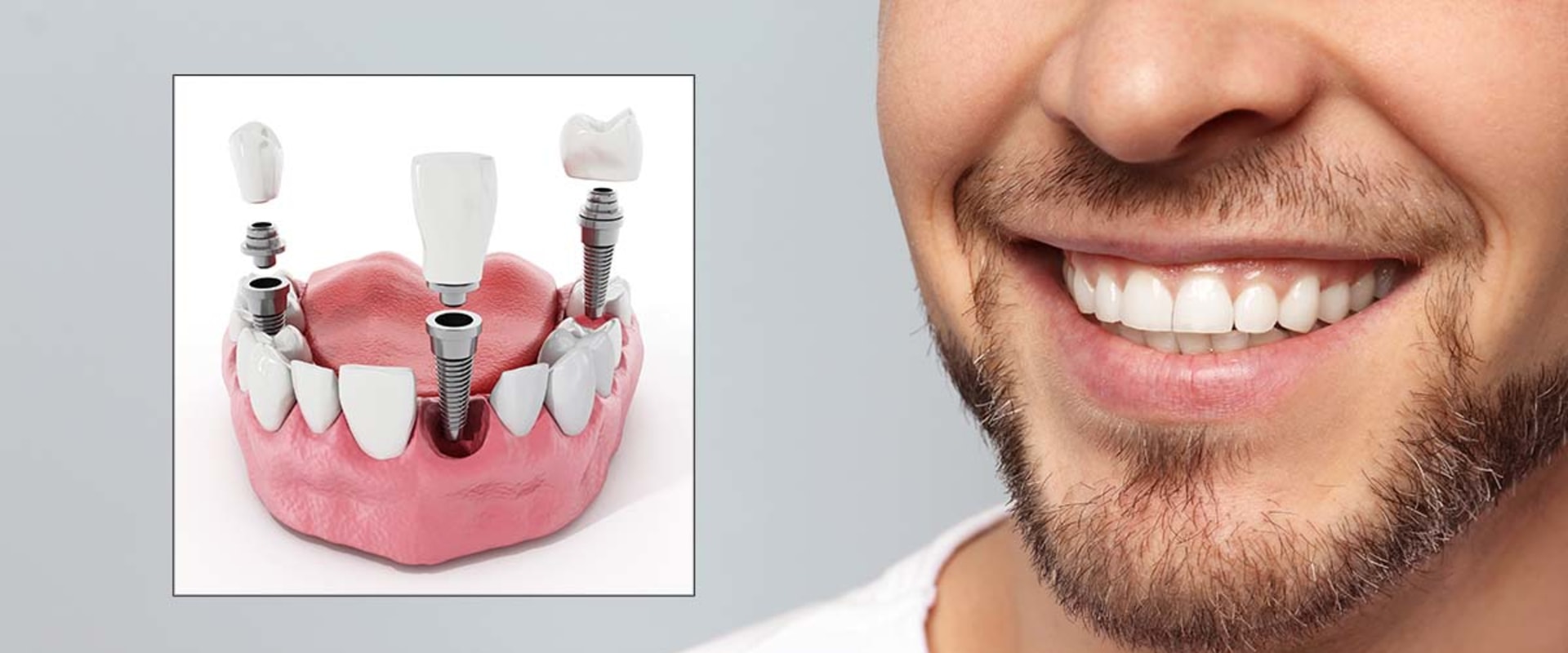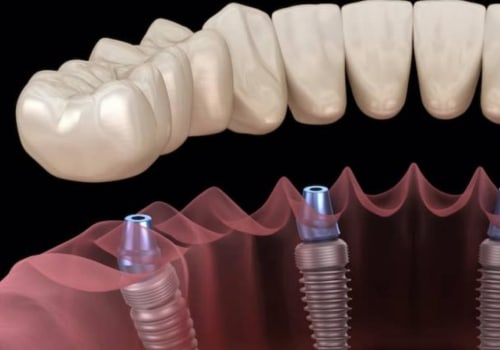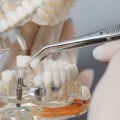Dental implants can significantly improve the quality of life and the health of the person who needs them. Complications can occur soon after the dental implant is placed or much later. Some complications cause implant failure (usually defined as loss or looseness of the implant). Are dental implants safe? The answer is “yes”.
This procedure has been used successfully in dentistry for over 30 years and is considered to be extremely safe. Dental implants are a very safe procedure that dental professionals have been performing for more than 30 years. In addition, thanks to modern technologies, the implant installation process continues to improve over the years. While the implant procedure is considered safe, the installation of implants is a surgical procedure.
As with any surgical procedure, there are risks. While the possibility of infection or rejection is real, the percentage of patients who end up having problems after implant surgery is small. Dental implants are very safe, but they're not for everyone. Some pre-existing health conditions can make it difficult for the body to handle any type of surgery or healing.
Other conditions place great stress on your body, and we can recommend that you allow yourself to be cured or to finish addressing them before undergoing a dental implant. Implants are a safe and well-established treatment. It's probably true that implants, just like natural teeth, will last as long as you care for them. If you are missing several teeth and they are next to each other, you could still have an implant for each tooth.
For most patients who are in good health, there is almost no risk of complications or major problems with the dental implant procedure. In most cases, anyone healthy enough to undergo routine dental extraction or oral surgery can be considered for a dental implant. If you don't take care of your implants, they'll develop a layer similar to that applied to neglected natural teeth. Many of these dental professionals consider these restorations to be the gold standard for tooth replacements.
If you have an implant to replace just one tooth, you don't need to cut your teeth on both sides. However, in many situations, the cost of treatment is only slightly higher than the cost of a more conventional private dental treatment with crowns and bridges. Now even a few false teeth can be placed at the same time as the implants (these are called “immediate implants”). Because of this, working with an experienced dentist to obtain an implant and following recovery instructions after surgery will almost completely eliminate the risk of this complication.
Because the implant is secured within the jawbone, the replacement teeth look, feel, and function just like your own natural teeth. As long as the patient is healthy and a dental professional approves the procedure, anyone who needs dental replacement options may qualify to receive implants, regardless of age. If you think your mouth would be healthier if one or more dental implants were installed, then it's a good idea to learn more about implant safety. If you keep them clean and your dental team checks them regularly, you shouldn't have any problems.







